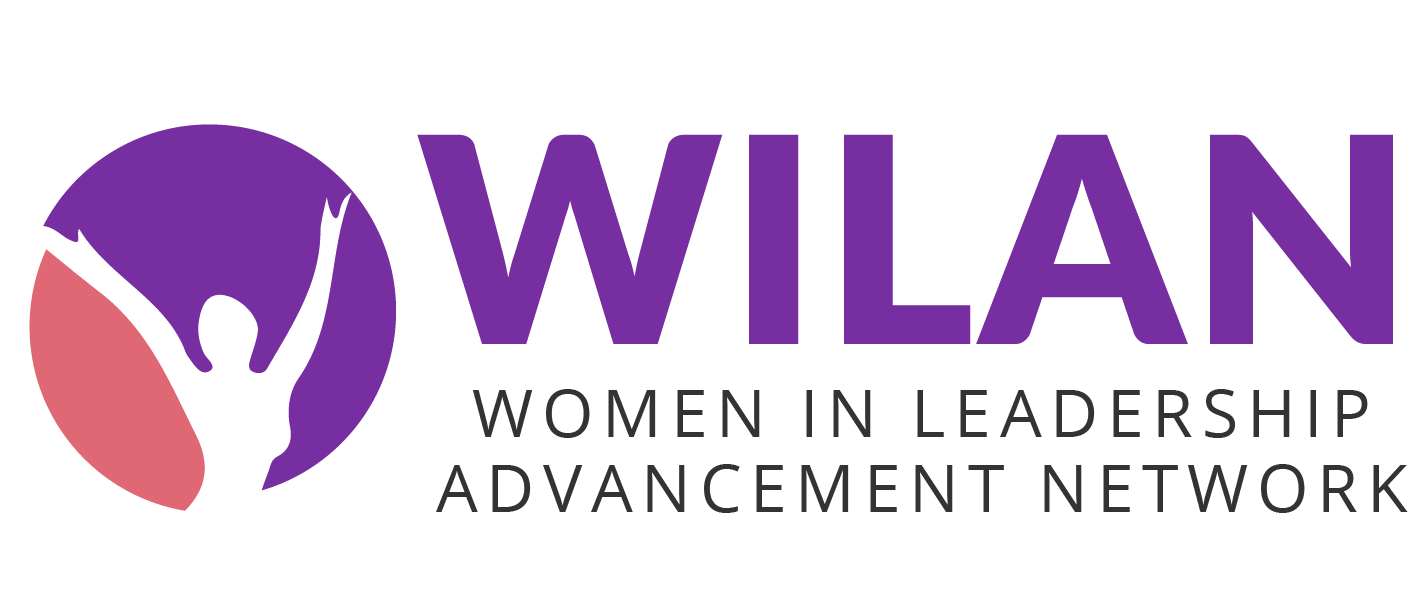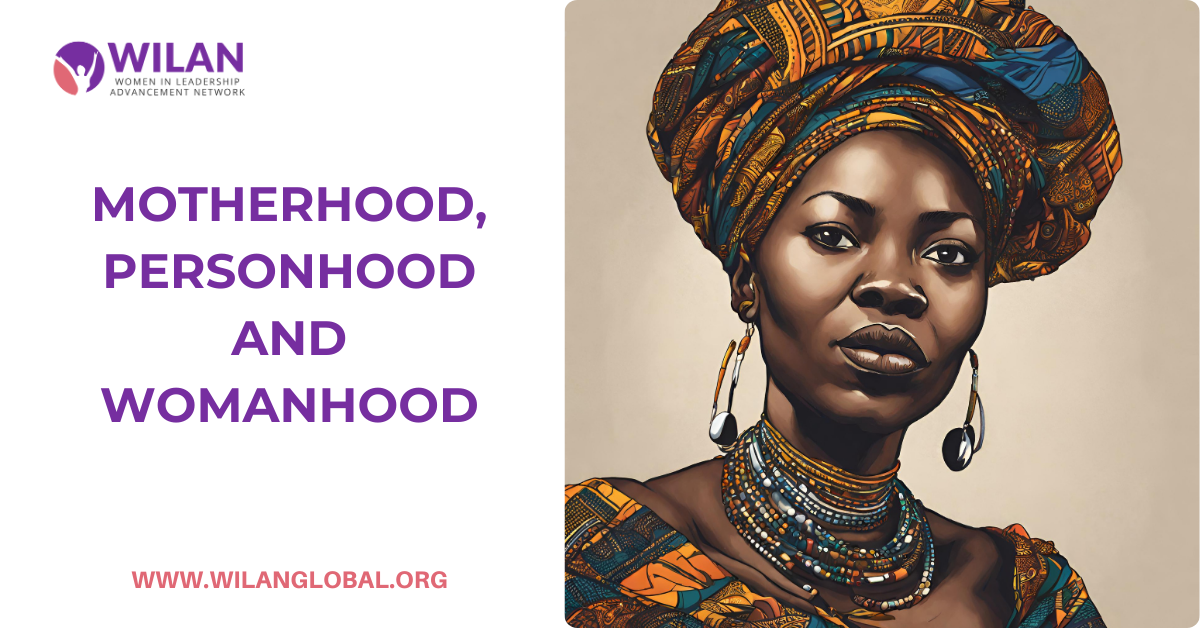By Tawakalit Kareem
In her opening statement on Episode 7 of The Leading Woman Show, Governance Series, one of the speakers, Oyeyemi Immanuel Aderibigbe, said something that stood out to me. She said, “I am a mother. I am a woman. This is my space, my territory. I have the right to be those things, and I have everything that it takes.”
I thought it was powerful because she said this in the backdrop of how the community shapes how mothers mother, the expectations that are set from how the women before us mothered, and how the threads that are built between us as members of our communities influence how we think we are expected to mother.
When you put all of that together, what you have is a generation of women who are not given the freedom to define motherhood on their own terms, and in ways that work with not only their current realities, but also their vision of what their lives can be like.
When I interrogate my framing of this and the statement, “…women who are not given the freedom to define motherhood…,” I proceed to ask myself, “given freedom by whom?” and what is it that makes any of us relinquish that power to another human in the first place?
Which brings me to one of the three pillars that the speakers agree we must interrogate as we co-imagine and co-design a world where the trait of nurturing that the world constantly tells women is inherent in them is not limited to the household.
1st Pillar: The Individual
Stepping into the role of a mother is challenging, and so it is easy to forget who the woman is before she became a mother.
Don’t do that to yourself.
The ushering in of motherhood is not the demise of personhood, and I think this is a truth more of us women need to hold as sacred.
Sometimes, it’s us. We are the thing standing in our own way, the weapons fashioned against us that is hindering our own progress. It’s us – we are the one.
The woman, before she became a mother, had dreams – of who she wanted to be, how she wanted to progress in her career, the kind of business she wanted to build, how she wanted to engage with her community through politics, and on and on.
As one of the speakers, Debola Deji-Kurunmi, said, it is important that as women, we break our own bias against ourselves.
2nd Pillar: The Community
What we see modelled and the things we are told are possible have far-reaching consequences on the persons we become and the ways we navigate the world around us.
If you are in a community where mothers are denied their full personhood, where you can only be a mother ‘or’ and not a mother ‘and’, then even when you don’t see it happening, the seeds begin to take root inside you and shape not only your idea of motherhood, but your idea of you as “mother”.
The conversations you have with communities who believe that being a mother is all a woman should ever aspire to be and who label any woman who steps outside that paper box a ‘bad mother’ is a world apart from the one you have in communities where a mother is seen as a person before she is a mother.
So, it is crucial that you find, nurture, and align yourself with communities that speak to not only who you are, but who you are working to become.
3rd Pillar: The System
The system is faulty.
The number of women in elective political offices is testament to this fact. The entrenched patriarchal system of Nigeria that normalises violence against women in private and public life lends credence to this. The predominant lenses through which gender is understood and that understanding passed on establishes this as truth.
The system is faulty, and it needs to be fixed.
But while that is a long-term incremental endeavour, there are two pillars that you can begin to strengthen today, now.
Motherhood is not synonymous with womanhood, and that distinction is for every woman to make in her own way.
I believe you are worth it, but it won’t matter unless you do too.
About the Author
Tawakalit Kareem is a Gender Consultant who has worked in the areas of communications, program development, and implementation at the intersection of sexual and gender-based violence (SGBV), sexual and reproductive health and rights and broadly, gender equality, in the Development sector for over half a decade.
Tawakalit is Co-Editor of two volumes of “In Her Words,” anthologies that center the
experiences of African women and teenagers from 7 African countries, with reviews from the
London School of Economics and Political Science (LSE), and Review of African Political
Economy, among others inter and intra-continent. Tawakalit’s written Paper and articles have been published across platforms including the West African Civil Society Institute (WACSI), African Leadership Magazine, and Guardian Nigeria to mention some.
Currently, she is the youngest member of the Civil Society National Self-Regulation Council, a European Union Action for Citizen Driven Transformation (EU-ACT) and United States Agency for International Development Strengthening Civic Advocacy and Local Engagement (USAID-
SCALE) co-facilitated programme.
Tawakalit is a Fellow of the Young African Leaders Initiative (YALI); a member of the Commonwealth Youth Gender Equality Network; an Ambassador, Africa4Her; a Margaret Ekpo Youth Fellow, and a 2020 ONE Champion.

